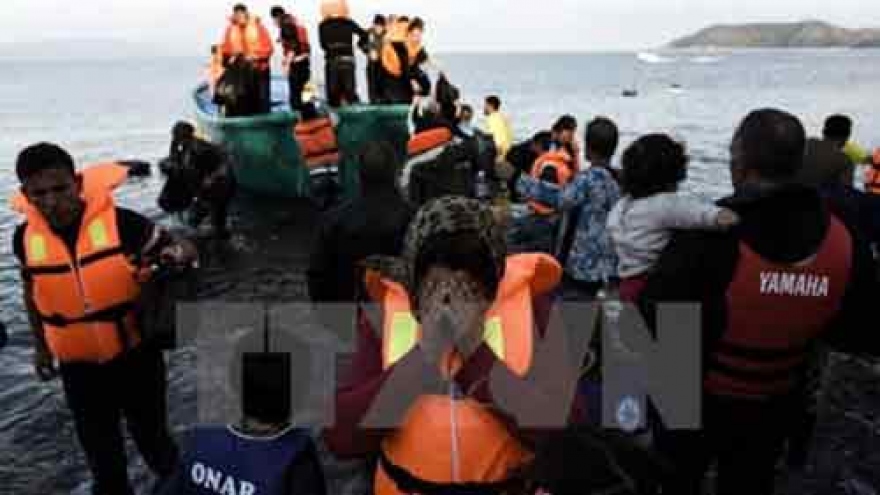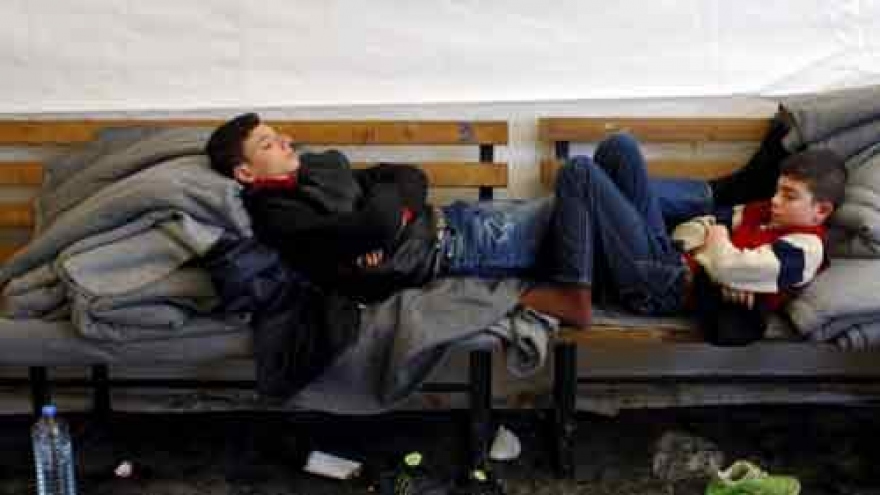EU-Turkey relationship: continuing differences
VOV.VN - The relationship between the European Union (EU) and Turkey has worsened recently with the sharp exchange of words. Distrust is preventing them from finding a common ground on regional issues.
 |
Last week, the European Parliament approved a resolution to suspend consideration of Turkey’s bid to join the European Union, citing the Turkish government’s violations of basic human rights.
The EU is also considering economic sanctions against Turkey for its arrest of opposition party members following last July’s failed coup attempt.
“The straw that broke the camel's back”
In response, Turkish President Recep Tayyip Erdogan said the EU should know its limits – that it is his government that runs Turkey, not the EU.
Mr. Erdogan has left open the possibility of extending the state of emergency imposed after the recent failed coup and restoring the death penalty.
Turkey is likely to hold a referendum next year on whether to continue to pursue EU membership.
At one point, Mr. Erdogan threatened to open Turkey’s border gates and allow migrants to enter Europe if the EU continues to punish Turkey.
Turkey applied to join to the EU in 1987, but negotiations didn’t begin until 2005. Over the past 11 years, the process has been far from smooth with both sides agreeing on very few issues.
Turkey wants EU membership because it expects economic, trade, financial, investment, and welfare benefits from the EU.
The EU has made Turkey’s admission a low priority out of for fear that an Islamic member would destabilize the EU’s social links.
Turkey’s Muslim ideology is considered as too different from that of other EU communities. But the EU needs Turkey’s help in dealing with the current floods of migrants.
Turkey has been a transit point for millions of Middle East refugees. In return for its help, Ankara wants its EU membership to be approved soon.
Perilous consequences
President Erdogan has hinted that Turkey might join the 6-member Shanghai Cooperation Organization (SCO) instead of the EU. Turkey will chair the SCO’s Energy Club next year, the first non-member state to host the event.
China, an SCO member, appears to be enthusiastic when Foreign Ministry spokesman Geng Shuang said China was willing to consider any application from Turkey, and said Turkey is already a “dialogue partner” of the SCO and China respects Turkey’s wish to strengthen that cooperation.
Observers say Turkey’s possible abandonment of EU membership and joining the Russian and Chinese-led SCO will make Europe less secure.


